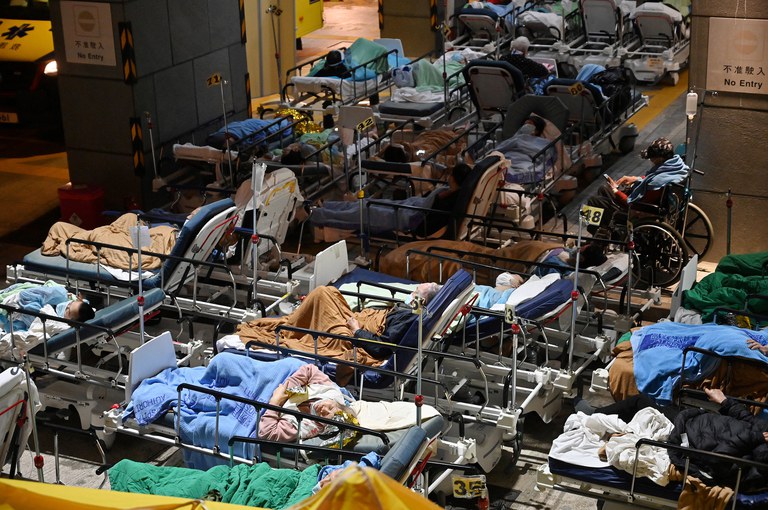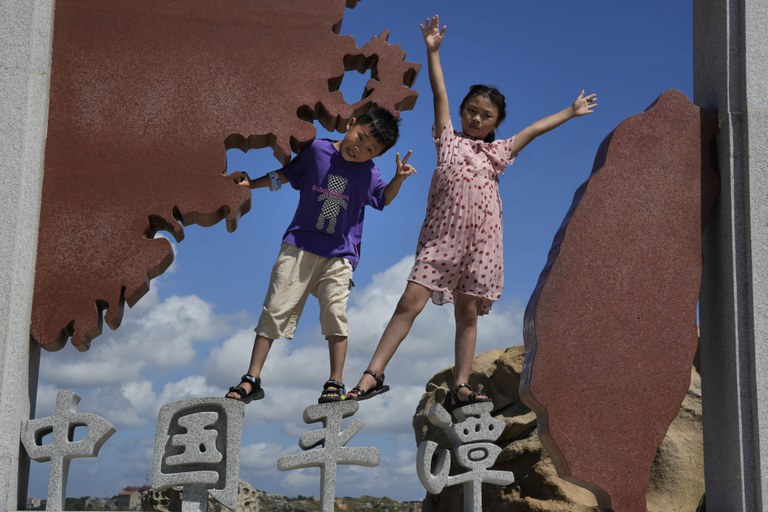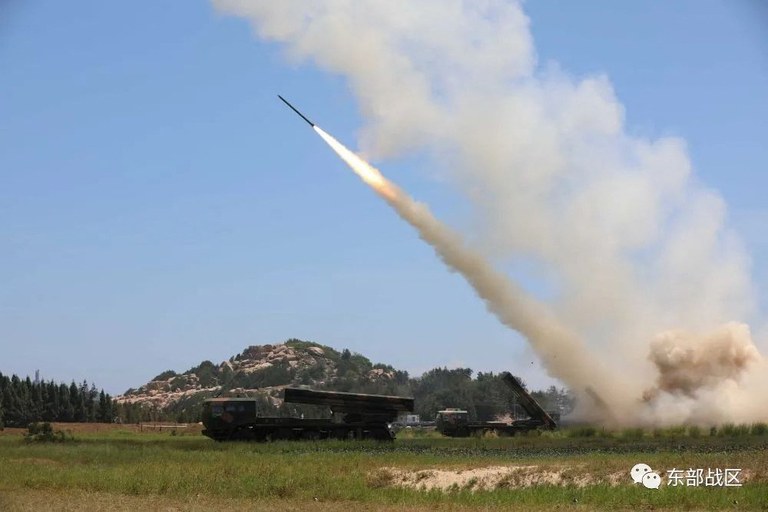Outside of China, concern exceeds optimism as Xi Jinping begins third term as ruler
The Chinese Communist Party wrapped up its 20th National Congress at the weekend, granting an unprecedented third five-year term to CCP General Secretary Xi Jinping. Xi, 69, is set to have his term as state president renewed by the rubber-stamp National People’s Congress in March. RFA asked experts on key aspects of China for their impressions of the congress and expectations of Chinese policies as Xi enters his third term after already a decade at the helm of the world’s most populous nation. China-U.S. relations and foreign policy Oriana Skylar Mastro, Center fellow at the Freeman Spogli Institute for International Studies at Stanford University and author of The Costs of Conversation: Obstacles to Peace Talks in Wartime: The bottom line is, the next five years is undoubtedly going to be more rocky for U.S.-China relations and for other countries with security concerns in the region. The issue is not that Xi Jinping really has nailed down the third term. It wasn’t the case that his position was so precarious that he couldn’t be aggressive before. However, it was unlikely that he was going to take moves to start some sort of conflagration that would extend into the party Congress. So the party Congress did serve as a restraint in so far as it was useful to wait until afterwards to take any more aggressive actions against Taiwan, for example. But the reason it didn’t happen previously is largely based on China’s military capabilities. Xi Jinping has been relatively clear since he took power in 2013, where his goals were in terms of promoting territorial integrity, is trying to define that and resolving a lot of these territorial issues, enhancing their position in Asia to regain their standing as a great power. The rejuvenation of the Chinese nation and a dominant position in Asia of which it had previously been decided not only by Xi, but by strategists, analysts and pundits ever since. [Former President Barack] Obama mentioned in his State of the Union that he wouldn’t accept the United States as number two. It had already been decided that there was going to be conflict with the United States if China wanted to be number one in Asia. And so Xi Jinping has been on a trajectory, China has been on a trajectory that’s been relatively consistent, that includes an improvement in military capabilities and thus a heavier reliance on those capabilities to achieve their goals over time. So with the frequency and intensity of competition and conflict, the general trend is that it increases over time. Denny Roy, Senior Fellow at the East-West Center in Hawaii and author of Return of the Dragon: Rising China and Regional Security: At least two messages from the CCP’s 20th Party Congress bode ill for China-U.S. relations. The first is that a shift in the international balance of power creates an opportunity for China to push for increased global influence and standing. This is a continuation of a reassessment reached late in the Hu Jintao era, and which Xi Jinping has both embraced and acted upon. There is no hint of regret about Chinese policies that caused alarm and increased security cooperation among several countries both inside and outside the region, no recognition that Chinese hubris has damaged China’s international reputation within the economically developed world, and no sense that damage control is necessary due to adverse international reaction to what has happened in Xinjiang, Hong Kong, the Taiwan Strait and the South China Sea. Instead, Beijing seems primed to continue to oppose important aspects of international law, to resist the U.S.-sponsored liberal order, and to extoll PRC-style fascism as superior to democracy. This orientation portends continued if not increasing friction with the United States on multiple fronts, both strategic and ideological. Secondly, while the Congress expressed optimism about China’s present course, it evinced increased pessimism about China’s external environment, especially what Chinese leaders call growing hostility from the United States. Not long ago, PRC leaders perceived a “period of strategic opportunity” within which China could grow with minimal foreign opposition. Increasingly, however, PRC elites seem to believe that alleged U.S. “containment” of China will intensify now that the power gap between the two countries has narrowed and China has become a serious threat to U.S. “hegemony.” PRC efforts to undercut U.S. strategic influence, especially in China’s near abroad, will continue. Beijing will try to draw South Korea out of the U.S. orbit, and may wish to do the same with Japan and Australia, although in those cases it may be too late. Beijing will continue to try to establish a Chinese sphere of influence in the East and South China Seas, while laying the groundwork for possible new spheres of influence in the Pacific Islands, Africa and Central Asia. Human rights William Nee, Research and Advocacy Coordinator at China Human Rights Defenders: To some extent, the 20th Party Congress will not see any dramatic break from what is happening thus far–and that’s exactly the problem. China is experiencing a human rights crisis: human rights defenders are systematically surveilled, persecuted, and tortured in prison. There are crimes against humanity underway in the Uyghur region, with millions of people being subjected to arbitrary detention, forced labor, or intrusive surveillance. The cultural rights of Tibetans are not respected. And now, Xi Jinping’s ‘Zero-COVID’ policy is wreaking havoc on China’s economy, and particularly the wellbeing of disadvantaged groups, like migrant workers and the elderly. But there have been no signs whatsoever that the Communist Party is ready to course correct. Instead, after the 20th Party Congress, we will see a new batch of promotions, with these Communist Party cadres more indebted to Xi Jinping’s patronage for their positions of power. In other words, Xi Jinping will have created an incentive structure in which these sycophantic ‘yes men’ will only repeat the ‘thoughts’ of the idiosyncratic leader to prove their loyalty. This makes it even more unlikely that Xi or the Communist Party will even see the necessity…






